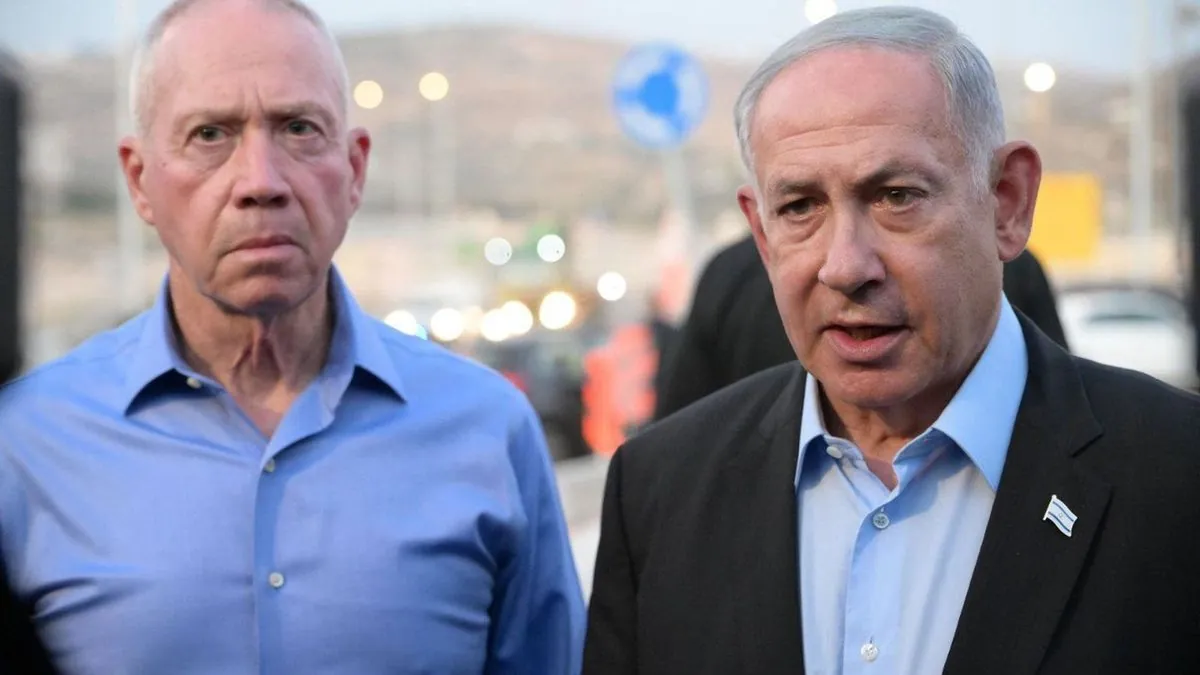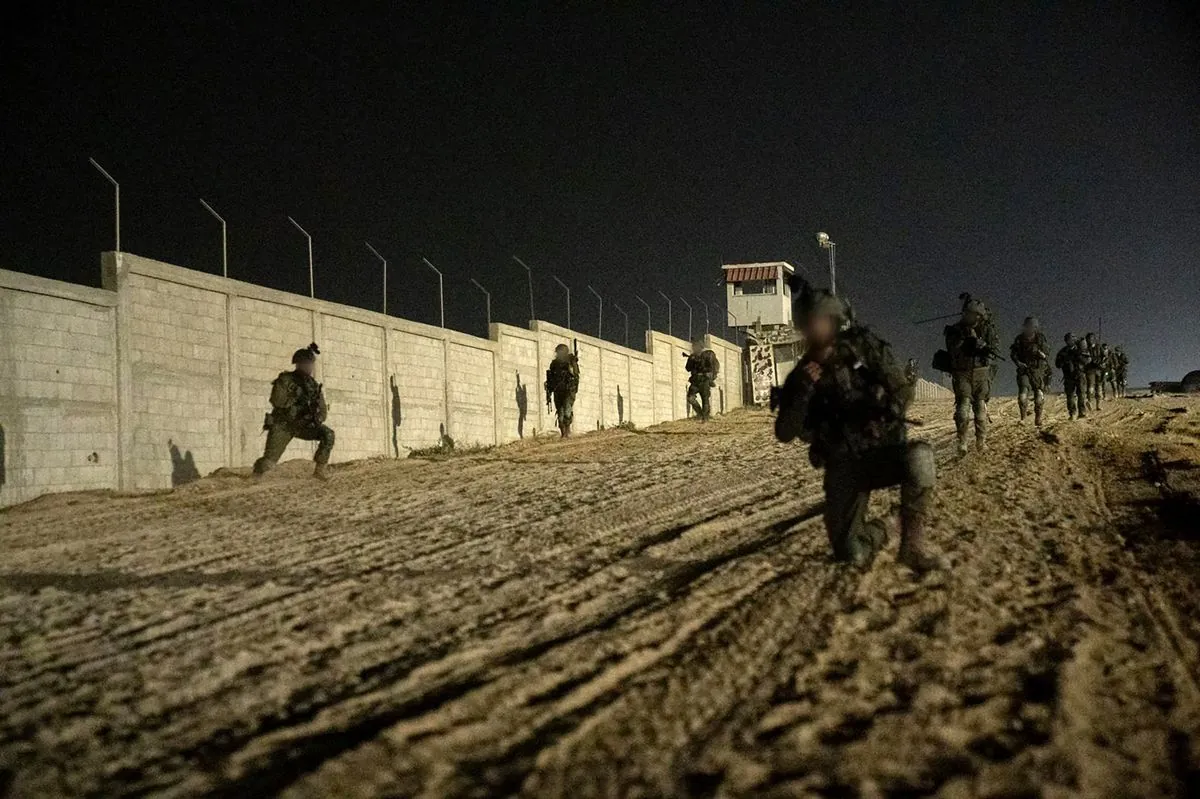Israeli Defense Chief Urges Netanyahu to Secure Hamas Ceasefire Deal
Israeli Defense Minister calls for immediate action on hostage deal with Hamas, as bodies of six captives return. Netanyahu faces internal pressure amid ongoing Gaza conflict.

In a significant development nearly 11 months after the devastating Hamas attack, Yoav Gallant, Israel's Defense Minister, has publicly called on Prime Minister Benjamin Netanyahu to finalize a ceasefire agreement with Hamas. This urgent appeal comes as Israel grapples with the return of six hostages' remains, taken during the October 7, 2023 incursion.
Gallant emphasized the critical need to rescue the remaining captives, stating, "It's too late for the abductees who were murdered in cold blood. The abductees who remain in the captivity of Hamas must be returned home." He urged an immediate reversal of the cabinet's August 29 decision to maintain troops in the Philadelphi Corridor, a narrow strip along the Gaza-Egypt border.

The Philadelphi Corridor, crucial for preventing weapons smuggling into Gaza, has become a contentious issue in ceasefire negotiations. Netanyahu's insistence on keeping Israeli forces in this area is widely perceived as a major obstacle to reaching an agreement with Hamas.
This disagreement highlights the growing rift between Israel's security establishment and its political leadership. Gallant, who previously commanded the IDF's Southern Command, has repeatedly clashed with Netanyahu and hardline ministers over the urgency of a hostage deal.
"Whoever murders hostages is not interested in a deal."
Netanyahu maintains that Israel is committed to a hostage agreement but blames Hamas for rejecting proposals agreed upon with the United States. However, this stance is increasingly at odds with Israel's security and defense leaders.
The conflict's toll is stark: approximately one-third of the 101 Israeli and foreign captives still in Gaza are believed to have perished. This tragic situation underscores the urgency of diplomatic efforts, with Qatar and Egypt playing crucial mediating roles.
As the Gaza Strip, one of the world's most densely populated areas, continues to suffer under blockade and conflict, international pressure for a resolution mounts. The United Nations has repeatedly called for a ceasefire, while the International Criminal Court investigates alleged war crimes in Palestinian territories.
This latest development occurs against the backdrop of a conflict that has spanned over seven decades, with the October 7 attack marking the deadliest day in Israel's history since the Yom Kippur War. As the situation evolves, the international community watches closely, hoping for a breakthrough in this protracted and complex crisis.


































